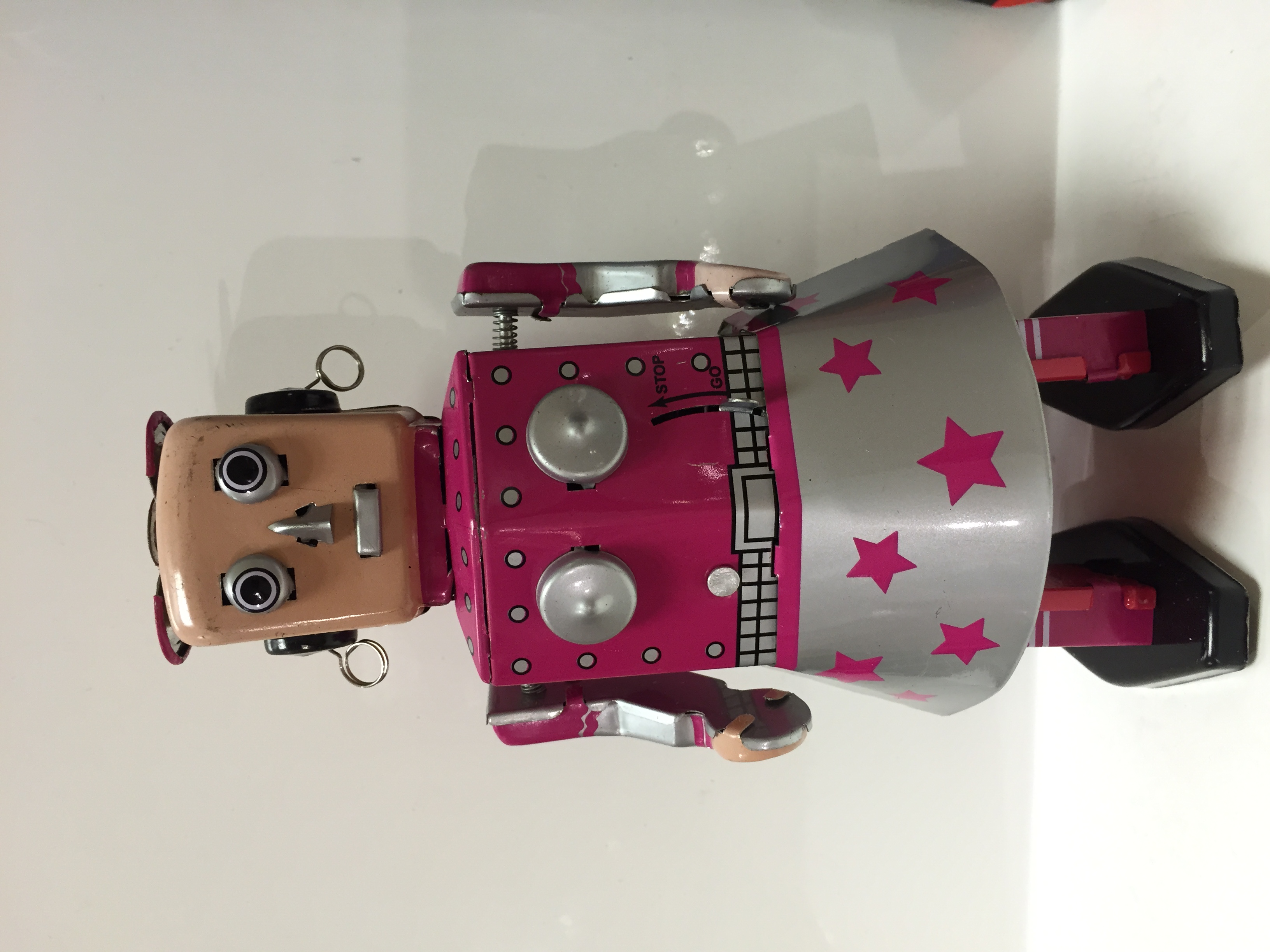This post was originally posted on Linkedin, 1st of September, 2015. The original title was Robots and Future Jobs. Revised.
These are just a sample of articles on the theme robots, future, and jobs: Computerworld, One in three jobs will be taken by software or robots by 2025, TechTime, Will robots take over your job by 2025? Maybe, PBS, Smart robots will take over a third of jobs by 2025, Gartner says. The Guardian wrote in February “Rise of the robots: how long do we have until they take our jobs?”
Politicians on this topic hold various discussions, and most of them, as most of the articles, leave a feeling of unease and a gloomy future. I can imagine that we had the same kind of concerns when we got the car, or the personal computer or automatized productions. In a way, it is a justified worry, since robots will most probably take over a great many of our existing jobs.
It is already happening, as Fortune writes about it in this article, 5 white-collar jobs robots already have taken. Ray Kurzweil, director of engineering at Google, has estimated that robots will reach human levels of intelligence by 2029. Indeed, this will mean that shortly, an increasing amount of jobs that we define as highly advance will be done by robots. So will this leave us unemployed, superfluous and miserable?
I do not believe so, for various reasons.
First, the new robots will increase productivity and produce even more goods and services than today, without human labor involved. We will not have to work as much as we do to provide necessities to survive.
This is tremendously good news!! Instead, whatever we feel a call for, we will be able to spend more time on it. Who out there do not want to feel free and do things because they want to do, not because they have to do?
What we need to do is to redefine our perception of what a job is. It will certainly not be a 9–5 activity. Some of us will work more and some less. If you look around, it is already happening. The boundaries between work and leisure time are smoothing out.
The real problem that we have to face is that we have unequal distribution of wealth. I hypothesize that we are at the peak of inequality. BBC reported in January 2015, that: “The wealthiest 1% will soon own more than the rest of the world’s population, according to a study by anti-poverty charity Oxfam.” What we desperately need is a new economic order. (The good news is that it is already on its way, although we need to speed it up. I wrote a bit about it in this post, Capitalism is Ending, more will come.)
When addressing this topic about robots and future jobs, one aspect is often neglected – that we as humans develop as well. Exponentially. Our system awareness is increasing and with that our consciousness. (You can read more about it here The Path to the New Business Model.)
Maybe you know someone that has practiced yoga or meditation for a while? Or maybe you have? Have you noticed a growing change in that person? It might be a slow and subtle change, but the change might result in a new job, new friends, and maybe even a new partner.
This is nothing strange since you developed yourself, you want your surroundings to correspond to the new, evolved you.
As we evolve as humans, our definition of a good and exciting job will change. The majority of existing jobs that we have will simply not be any more of interest to us. We will do things differently. We will gladly have robots doing the “old kinds of jobs”. (I do generalize here to get to the point.)
One benefit of meditation and yoga practicing (as well as different kinds of spiritual work) is that you get increased access to your emotions. Feelings such as love and compassion are on the rise. (You will be amazed by how often nowadays “love” and “compassion” are mentioned in a professional context. It would have been more or less unthinkable just ten years ago.)
As we develop our emotions, we get a desire to explore them. There are an infinite amount of ways to explore our emotions. Through art, music, entertainment, travels, meetings, and so on. This is something that robots simply can not do for us. We have to experience our own emotions ourselves. We will have to do it, to feel that we are fully alive.
We can define the arriving time as the age of creativity. This also gives us a hint of where we can find a significant amount of new jobs.
Robots will enable us to let go of old “jobs” and step into what we feel is most relevant for us to grow. Robots will enable us to unleash our creativity and potentials in ways that we can not even yet imagine. The time has come. We all need to prepare ourselves for meaningful, colorful, and happy lives. Robots, welcome to take our jobs!
PS. You can already spot the signs of the Creative Age — the gaming industry is growing, the interest in art is growing, the amount of writers is growing, etc.







